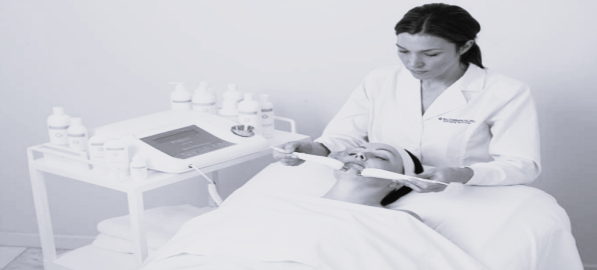HYPOGLYCEMIA (Low Blood Sugar); Causes and Possible Natural Treatments.

HYPOGLYCEMIA (Low Blood Sugar); Causes and Possible Natural Treatments.
The problem is adrenal exhaustion.
The cause is too much stress, worry, and an excess of undigested sugars, starches, proteins, and dairy products.
The cortin hormone is depleted, so food cannot be digested properly.
People consume large quantities of sugars, caffeine, soft drinks, and alcohol.
These all contain simple sugars, and insufficient amounts of complex carbohydrates.
Hypoglycemia can be inherited, but more often it is brought on by an inadequate diet (and is then called functional hypoglycemia).
However, there are several other physical problems which can weaken adrenal function and help bring on hypoglycemia.
These include weaknesses in the thyroid, liver, kidneys, pituitary, and pancreas.
Immune deficiency and candidiasis can also lead to it.
Other causes include smoking and large amounts of caffeine.
Hypoglycemia is sometimes mistakenly diagnosed as asthma, allergies, fatigue syndrome, stomach, intestinal, weight problems, or mental or nervous disorders.
Half the people, over 50, who have hypoglycemia, are hypothyroid.
Symptoms of Hypoglycemia
Symptoms especially occur a few hours after eating sweets or fats.
The more that is eaten and the longer the span before the symptoms occur, the worse they are.
The symptoms may include;
- Confusion,
- Depression,
- Nervousness,
- Anxiety,
- Antisocial behaviour,
- Emotional instability,
- Exhaustion,
- Headaches,
- Impatience,
- Inability to cope,
- Fears,
- Craving for sugar,
- Faintness,
- Dizziness
Possible Natural Treatments
- Avoid refined starches, sugars, and a high-meat diet because they wear out the adrenals. Too much sugar shocks the adrenal cortex, and the resulting physical reaction is to crave still more sugar.
- Stop eating or using meat, nicotine, alcohol, chocolate, soft drinks, black tea, and sugared and fat foods. Caffeine, alcohol, and tobacco produce wide swings in blood sugar levels.
- Read the labels at the grocery store, and avoid dextrose, dextrin, lactose, maltose, sucrose, fructose, modified food starch, corn syrup, corn sweetener, cornstarch, and natural sweetener. Only use honey and molasses in small amounts.
- Also stay away from sorbitol, hexanol, mannitol, and glycol.
- Too much salt also exhausts the adrenals and causes a loss of potassium, leading to lower blood sugar.
- Eat natural foods, the ones you should have been eating to begin with. Whole grains, raw and simply cooked vegetables, some fresh fruit. But eat in moderation starchy foods, such as corn, noodles, pasta, white rice, hominy, and yams.
- Eat a high-fiber diet and vegetables that are raw or steamed. These are good for you: beans, lentils, brown rice, white potatoes, soy products, and fruits.
- Useful fruits include apricots, apples, bananas, grapefruit, lemons, cantaloupes, and persimmons. For example, eat a raw apple instead of applesauce, for the apple has more fiber which will help keep blood sugar stabilized.
- Licorice acts like cortin and helps the blood sugar. Bilberry and wild yam help control insulin levels. Cedar berries help the pancreas. Spirulina tablets, taken between meals, help stabilize blood sugar.
- During a blood sugar reaction, eat something that has both fiber and protein, such as rice or bran crackers with almond butter. Fiber alone (popcorn, rice, oat bran, crackers, ground flaxseed, and psyllium husks) has the ability to slow down a hypoglycaemic reaction. A half hour before each meal, eat some of this high fiber, to stabilize blood sugar.
- Once a month, go on a fresh vegetable juice fast for a day. Take enemas with some added lemon juice at that time. If a reaction starts to occur, reach for the fiber, protein powder, or spirulina.
- Avoid stressful situations. You may have a milk allergy, which often accompanies this disease.








